 From left, Jane Jelenko, Sam Tramiel, Tzipi Tramiel, Suzi Hilton and Steve Hilton receive the Museum’s National Leadership Award during the 2022 U.S. Holocaust Memorial Museum Western Region Hybrid Event held at the Beverly Hilton Hotel on March 30, 2022, in Beverly Hills, California. (Photo by Ryan Miller/Capture Imaging)
From left, Jane Jelenko, Sam Tramiel, Tzipi Tramiel, Suzi Hilton and Steve Hilton receive the Museum’s National Leadership Award during the 2022 U.S. Holocaust Memorial Museum Western Region Hybrid Event held at the Beverly Hilton Hotel on March 30, 2022, in Beverly Hills, California. (Photo by Ryan Miller/Capture Imaging) More than 300 supporters of the United States Holocaust Memorial Museum Western Region attended the Museum’s “What You Do Matters” tribute event at the Beverly Hilton hotel on March 30. The program, which honored three supporters for their service to the institution, also was livestreamed. It included special video presentations and on-stage remarks by Museum leadership, and raised more than $800,000 to support the Museum’s work.
Honored with the Museum’s National Leadership Award were Jane Jelenko of Los Angeles, Suzi and Steve Hilton of Phoenix and Sam and Tzipi Tramiel of Palo Alto, Calif. The U.S. Holocaust Memorial Museum Western Region covers 10 western states.
The evening’s program began with a powerful video presentation that chronicled the pre- and post- war lives of the honorees’ parents and grandparents: Samuel Holckiener (Hilton); Helen & Idek Trzmiel (Tramiel) and Ida and Mendel Rosensweig (Jelenko).
“I can’t help but see my parents’ faces in those of the Ukrainian refugees of today.” – Jane Jelenko
“I learned from my father Mendel that I have a strong personal responsibility to act, not to just sit by the sidelines complaining about the ills of the world,” Jelenko said in her remarks upon receiving the award. “I can’t help but see my parents’ faces in those of the Ukrainian refugees of today.”
Turning to how the Museum helped shed light on her own family history, she added, “My family’s legacy has always felt incomplete. Many details, even the location of my brother’s birth, have remained a mystery. Just this year, a new discovery raised even more questions. I was going through some old papers and came across some remarkable documents.”
The documents showed that her father was a prisoner in Buchenwald Concentration Camp. “The Museum helped me uncover the true story of my father,” said Jelenko.
Midway through the program, in a seated, on-stage conversation, Peter Hayes, Northwestern University professor of History and German and Museum historian, and the Museum’s Senior Program Curator Edna Friedberg, discussed the work of the Museum and importance of Holocaust education. Its goal is to shed light on the past and keep alive the memory of the 6 million Jews who perished in the Holocaust.
San Antonio, Texas teacher Kalua Lauber, whose students are primarily of Hispanic descent, explained the importance of Holocaust education in her work as an educator.
In another video presentation, San Antonio, Texas teacher Kalua Lauber, whose students are primarily of Hispanic descent, explained the importance of Holocaust education in her work as an educator. She said that many of her students never met a Jewish person, let alone even heard of the Holocaust. The video included some of Lauber’s teen students explaining that because most of their information is derived from social media, Holocaust education in the classroom has helped them understand that much of what they hear and watch is often antisemitic rhetoric.
Museum Director Sara Bloomfield addressed the gathering from Washington D.C. via video with a significant emphasis on the current Ukrainian crisis. “We gather tonight at a historic moment. Who could have imagined that 77 years after the end of the Holocaust, an unprovoked war in Europe would be raging? Let alone the false claims of de-Nazification and genocide prevention would be cited as its pretext,” she said. “I know each of you shares our outrage at the wanton destruction of lives and cities, and stands in solidarity with the Ukrainian people. This is a crisis of life and death stakes for the Ukrainian people.”
After congratulating the awardees, Museum Western Region Director Marla Eglash Abraham cited the power of “memory” in remarks from the podium.
“In this very strange bubble we are emerging from of the pandemic, I happened upon a phrase from a former Museum fellow: ‘Memory has the power to transform action,’” Abraham said. “That’s what we are all about. Imagine the power of Holocaust memory and education to transform action.”
In a dramatic culmination of the evening’s program, the honorees took the stage as each guest held a candle. Jelenko closed the evening by saying, “Now, I ask everyone to please light your candles and raise them high. Please join us in this pledge. We will never forget.”
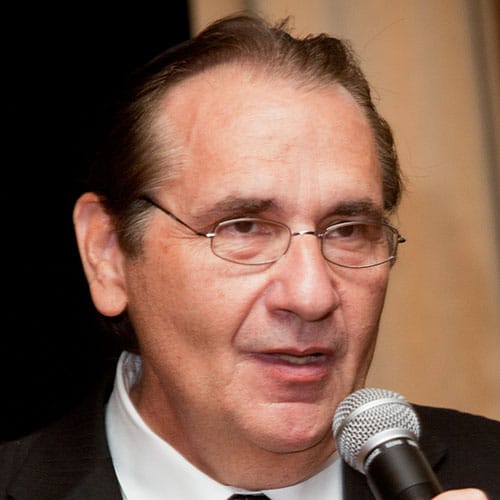






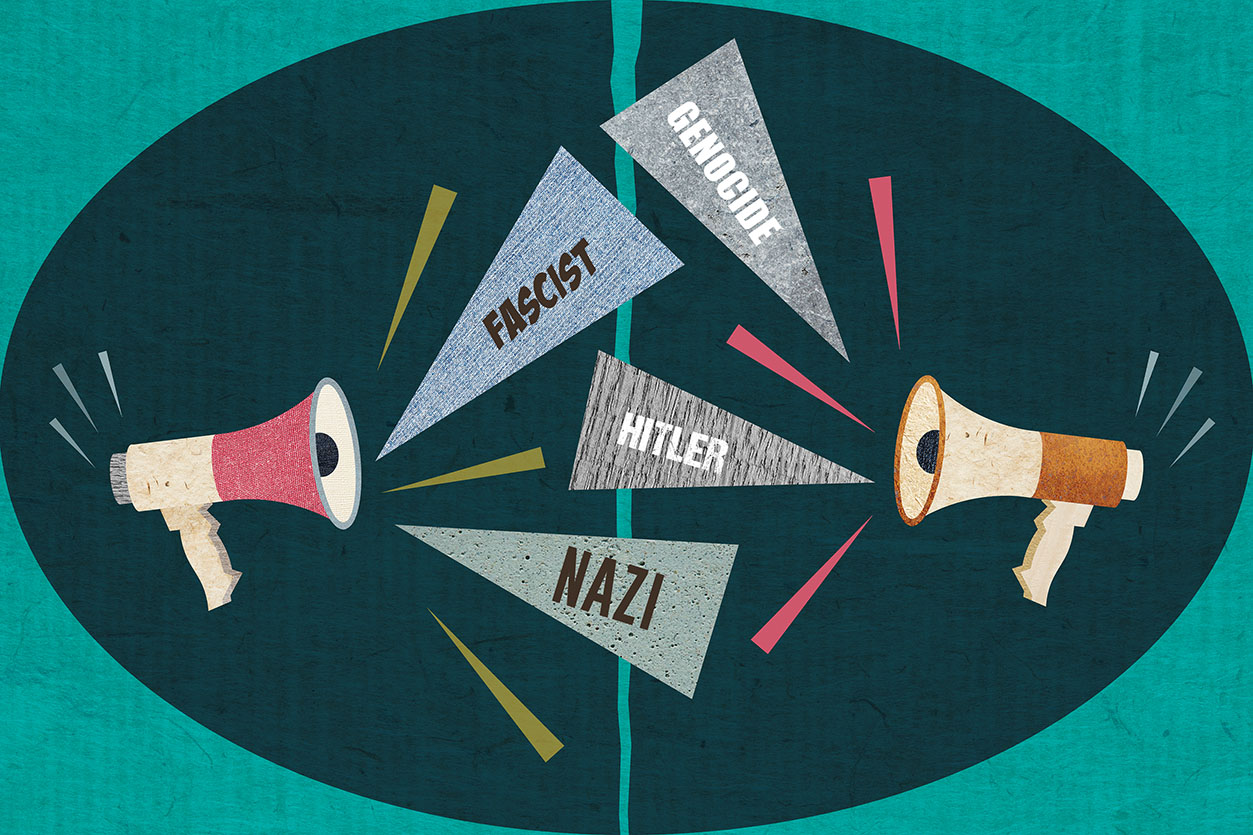
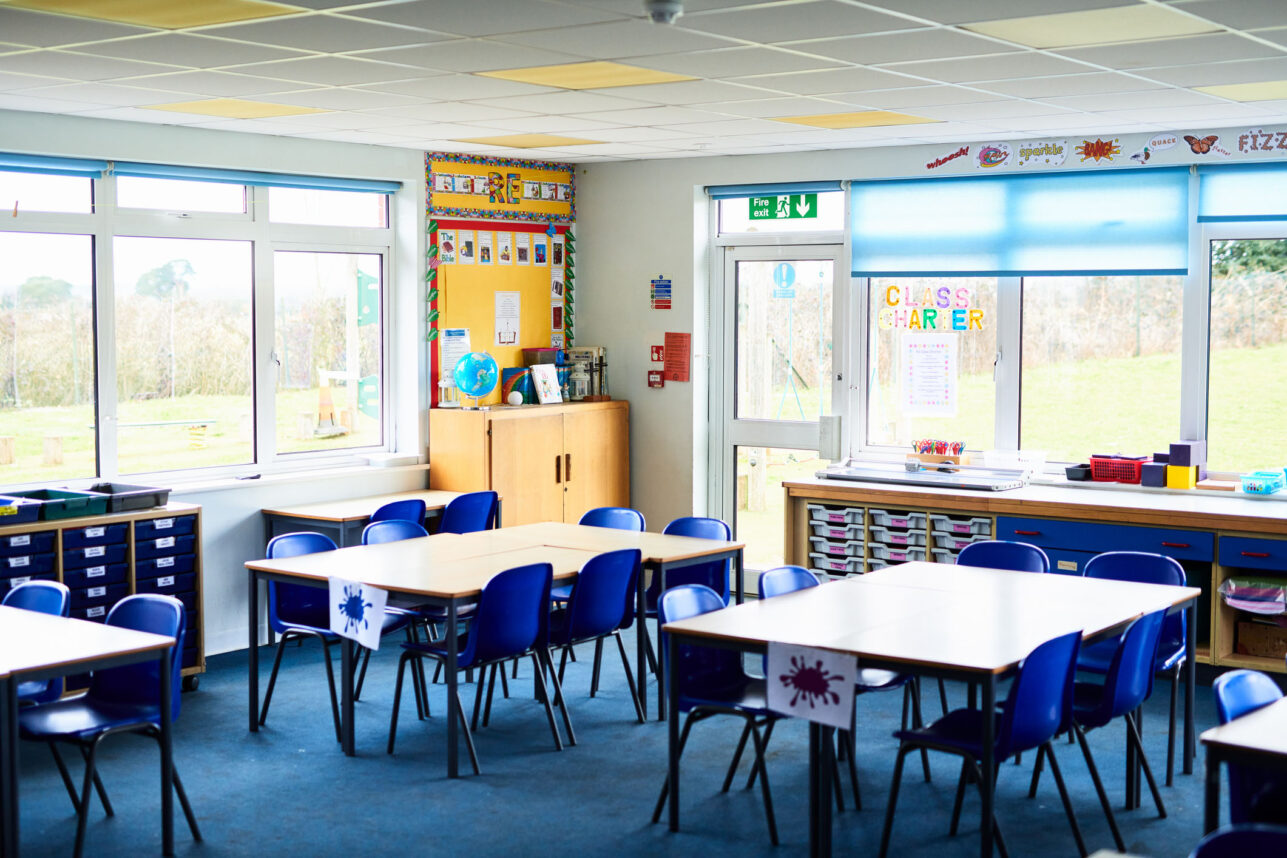
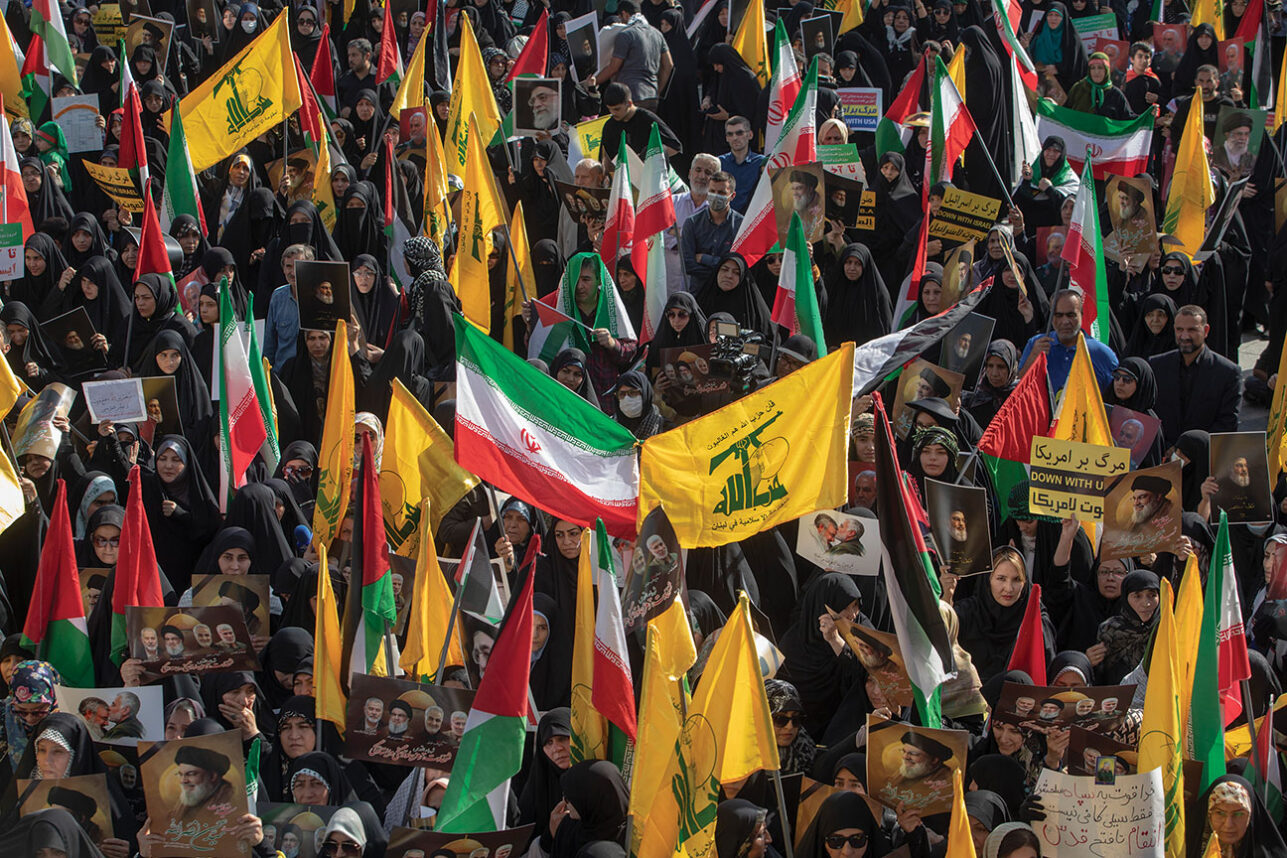
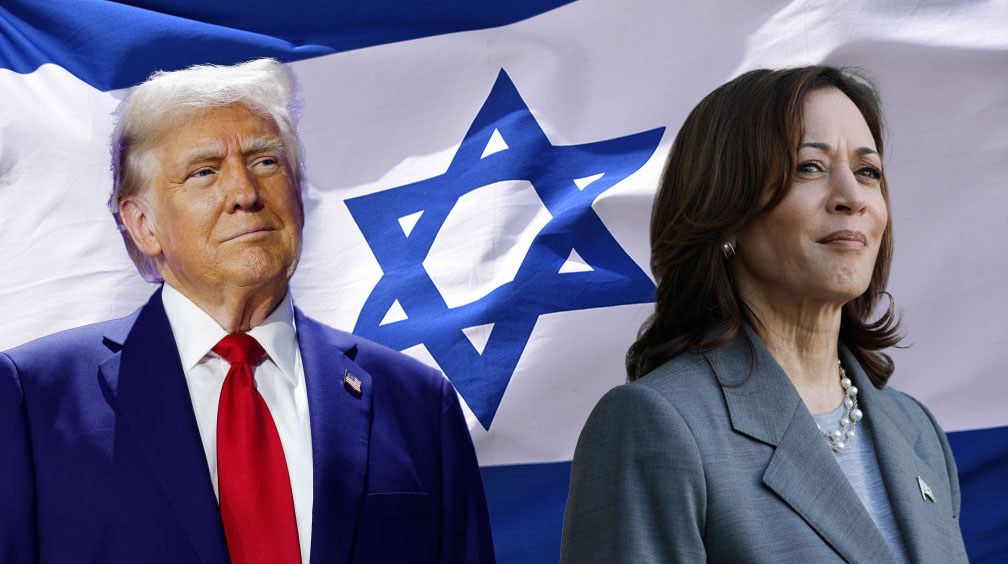
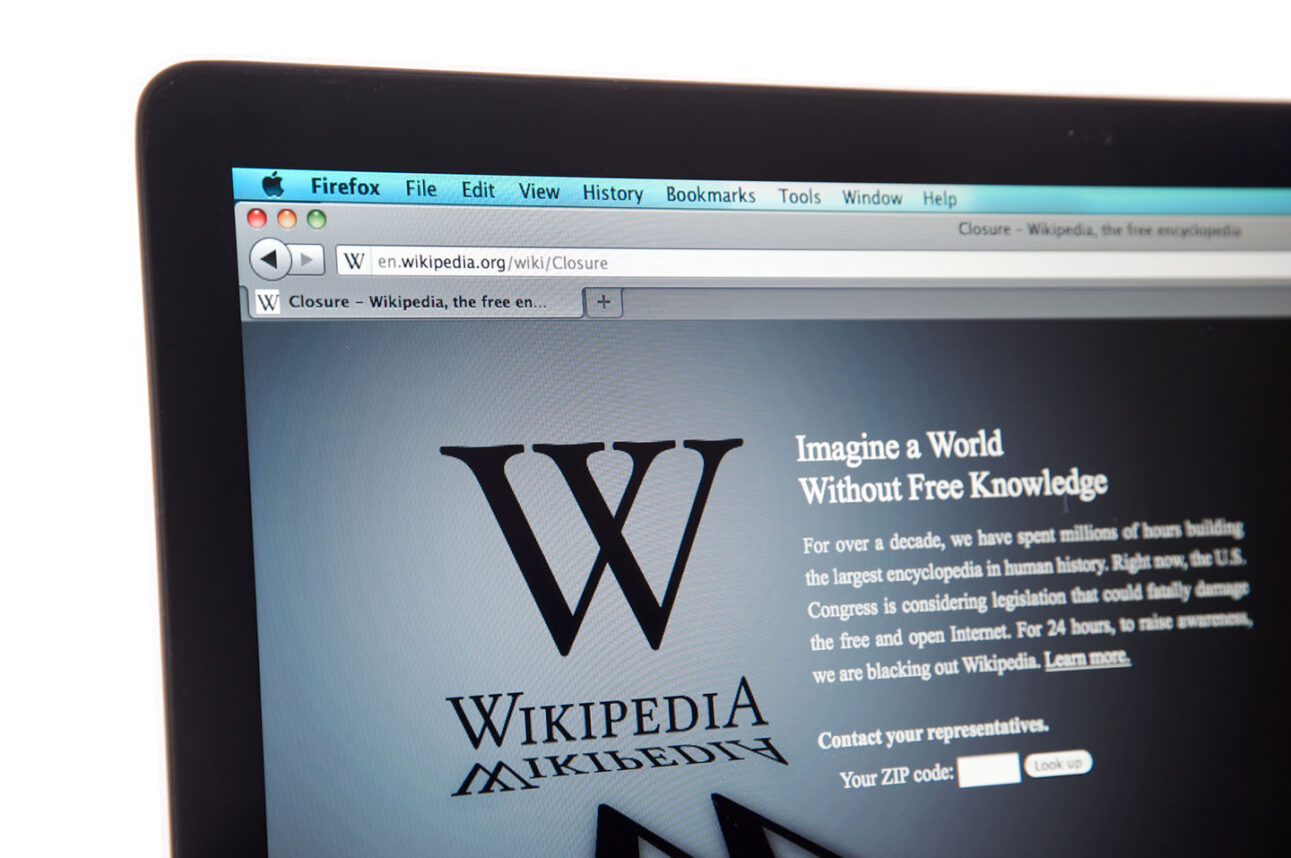
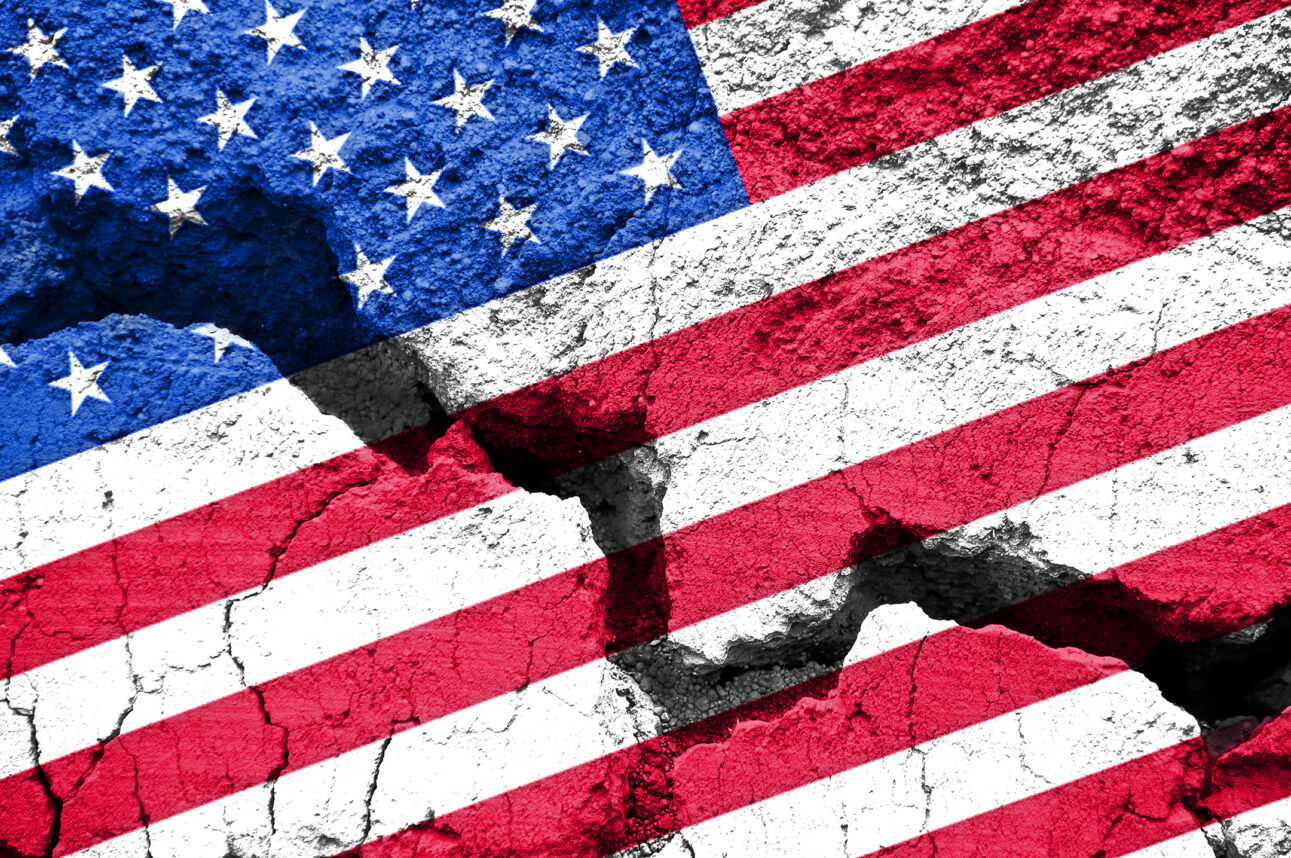
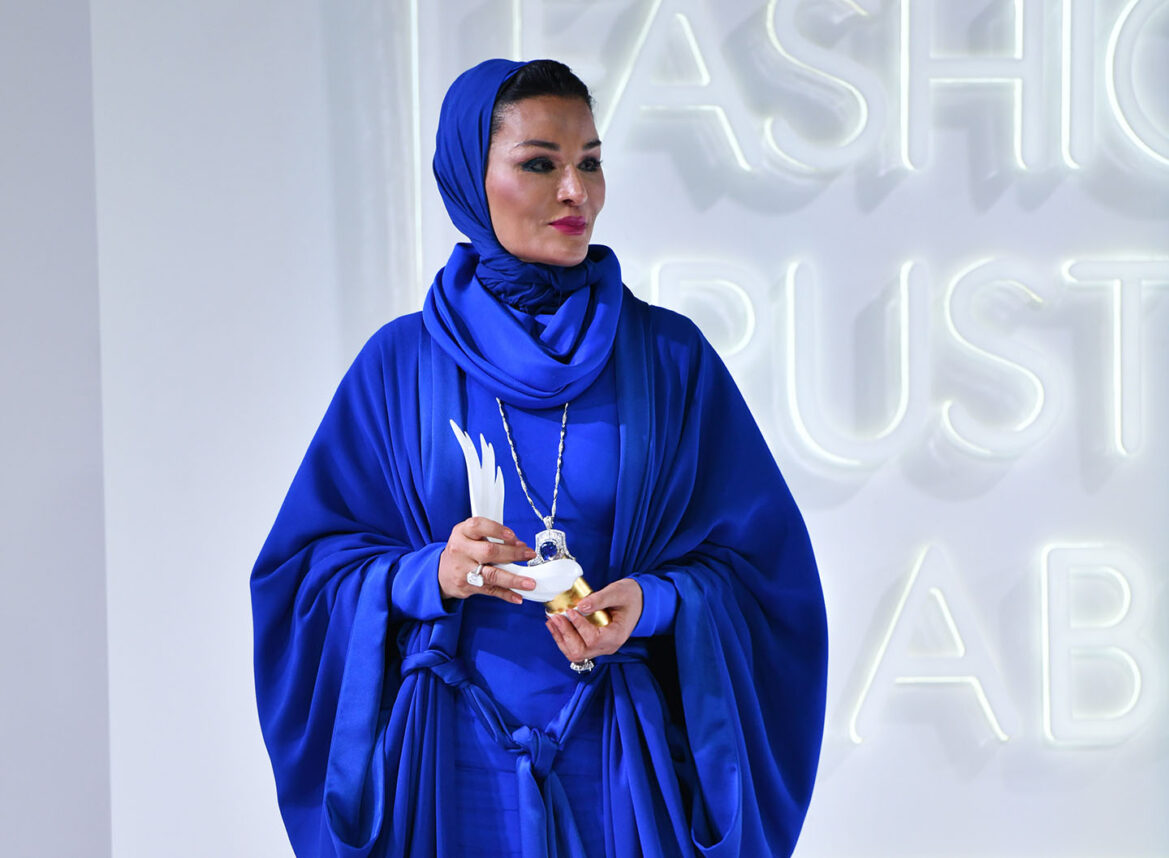
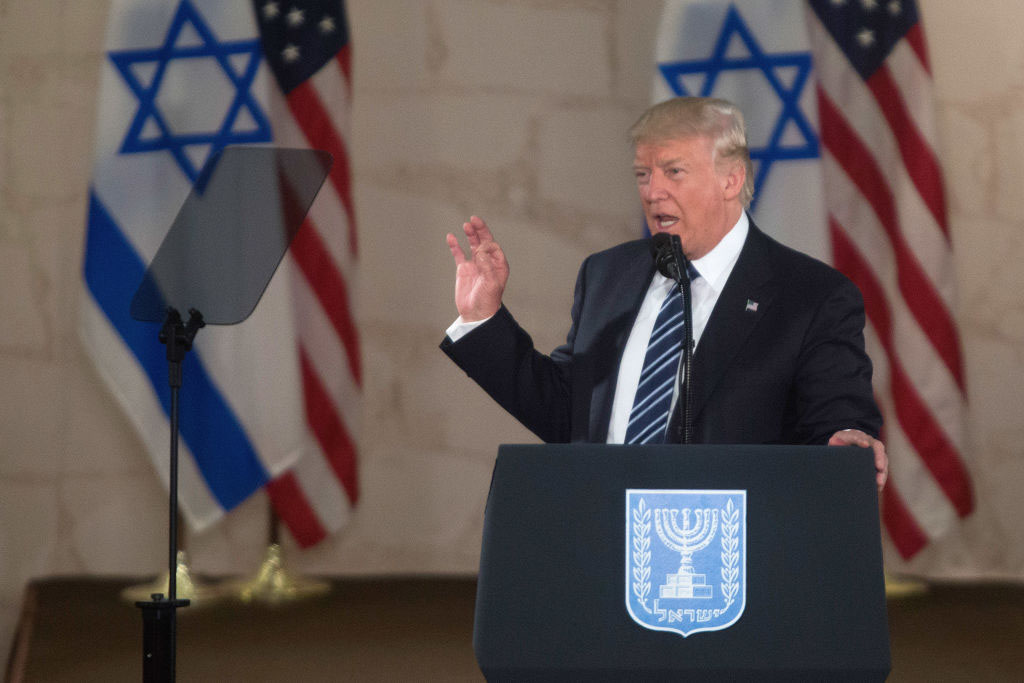
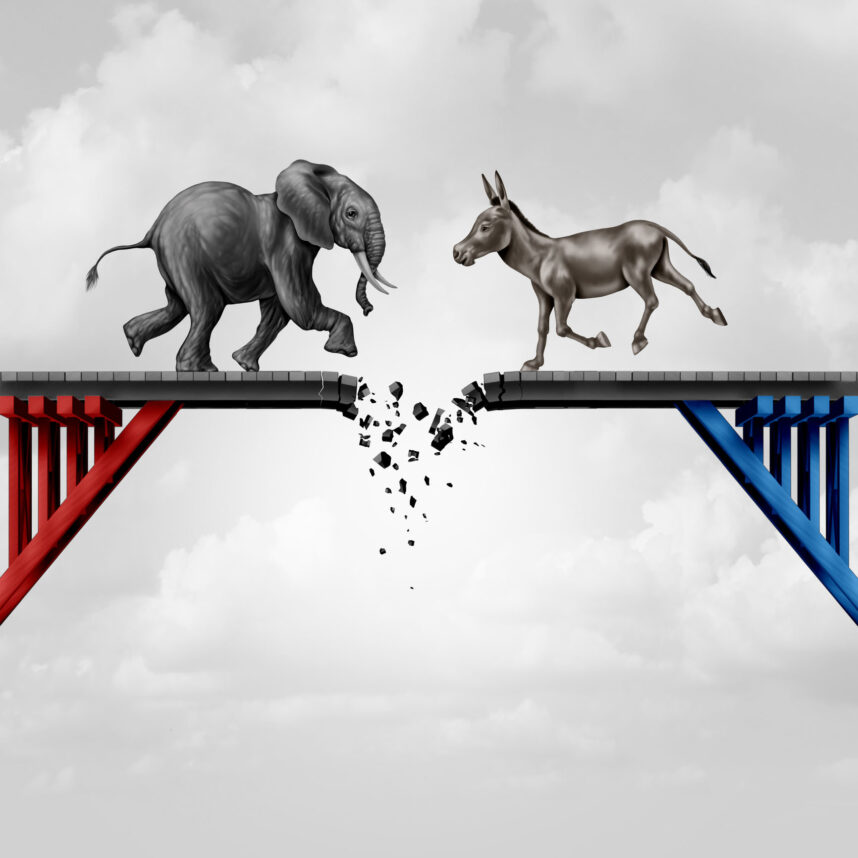
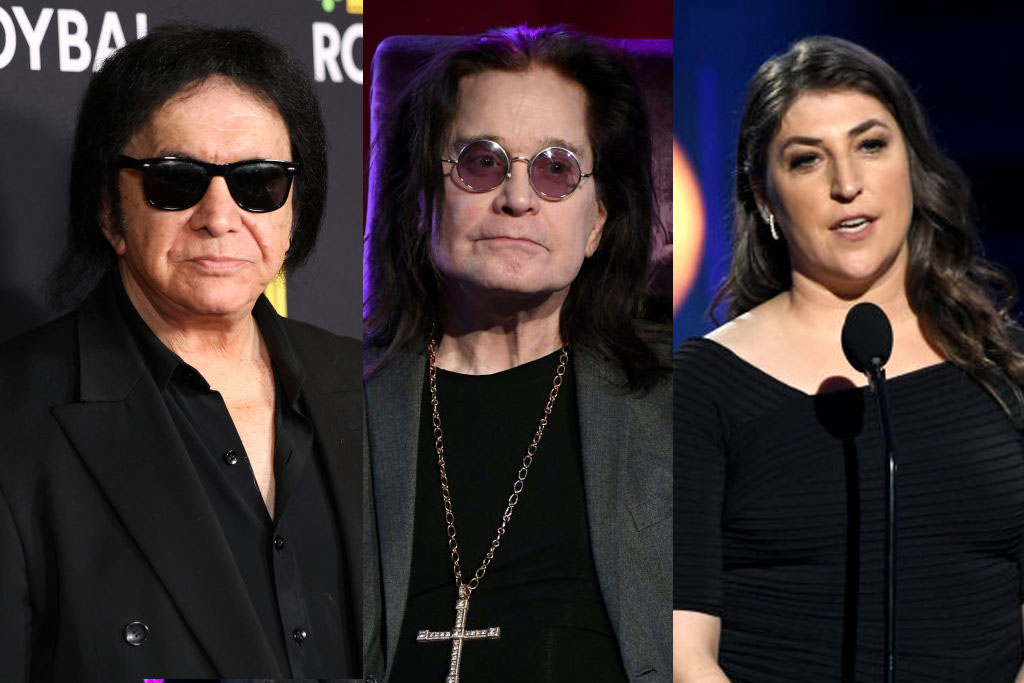
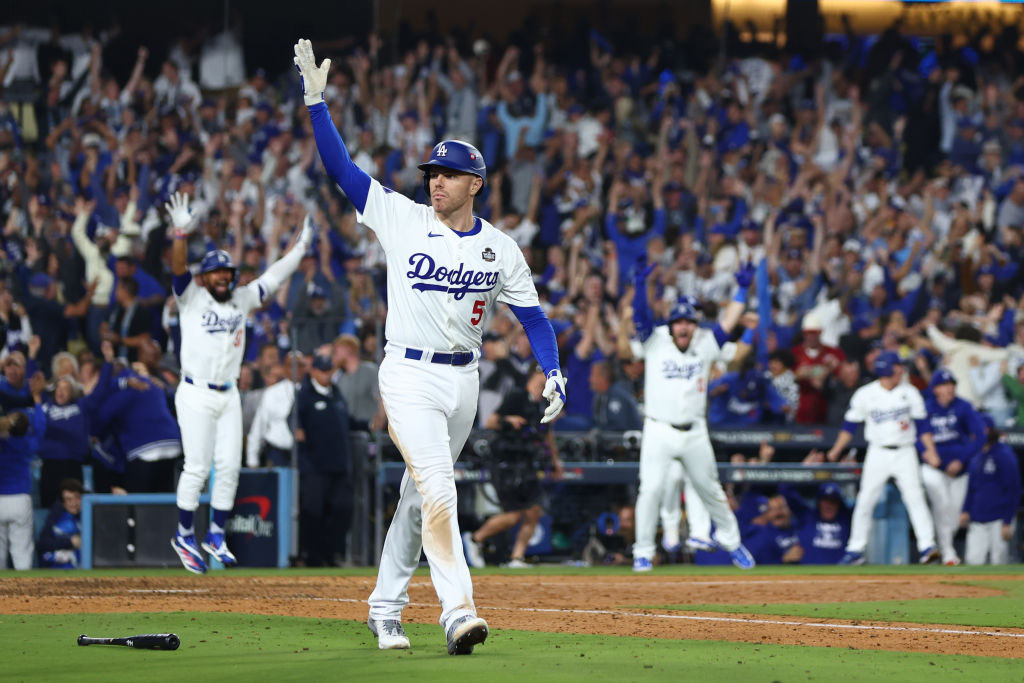



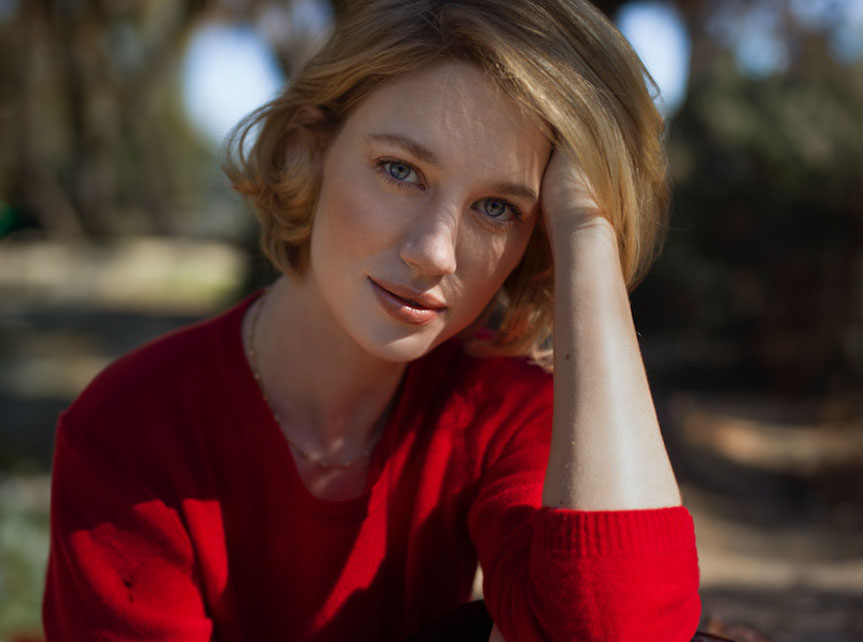
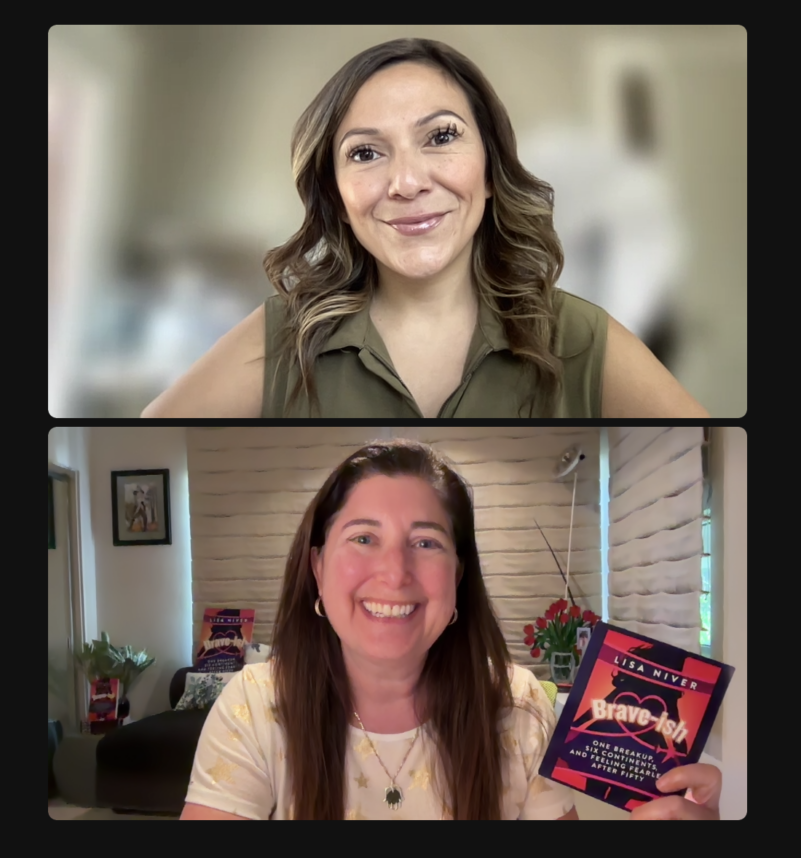
 More news and opinions than at a Shabbat dinner, right in your inbox.
More news and opinions than at a Shabbat dinner, right in your inbox.